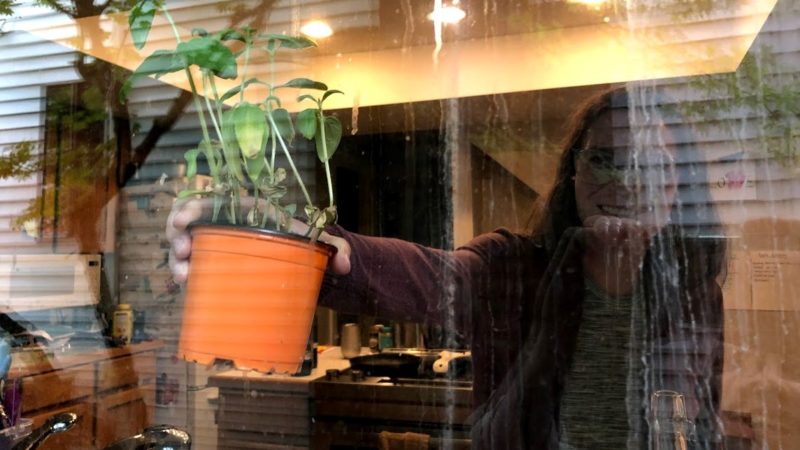It seems that much of the tension in our world stems from the human desire to own a tangible piece of the world. Whether this means the simple notion of a backyard vegetable garden, a commercial real estate investment, or anything in between, we have an innate desire to have something to call our own. For much of our modern history, land ownership has been a measurement of status, and the drive to own more and more has in many cases increased the divide between those who have ownership and those who don’t.

This concept was also familiar to the Israelites in their quest for the creation of a civil society. This week we read Parshat Behar-Bechukotai, the final parshiyot in the book of Vayikra. This double portion focuses primarily on the laws of agriculture and land. What makes this section of text unique is that it suggests a type of land ownership and farming in which no one group holds complete power forever.
Specifically, we read about the 50-year land ownership cycle requiring the land to rest every seventh year. At the end of the 50 year cycle, land rights returned to their original owner. No one was able to hold land acquisition above the head of someone else because equality and balance would be the rule. Rabbi Abraham Isaac Kook taught that the purpose of the 50th “Jubilee” year (after 49 years of seven seven-year cycles) was primarily spiritual, not economic. It came to restore the sense of unity that once prevailed in Israel and to restore self-respect to the person who may have sunk into poverty or failure.
In today’s world we pride ourselves on the systems set up to maintain balance, like our branches or government and varying income tax brackets, yet we still haven’t been able to close the gap that divides far too many of the most impoverished families and communities in our country. For the entirety of our existence as a Jewish people, the Torah has imagined a world where we’re not stratified and strangulated based on income or job description. Imagine if every 50 years (or every 7 years) we reevaluated and took a serious look at where we’ve been, what we need to continue to thrive, and how we can help others to do the same.
– Rabbi Eve Posen



